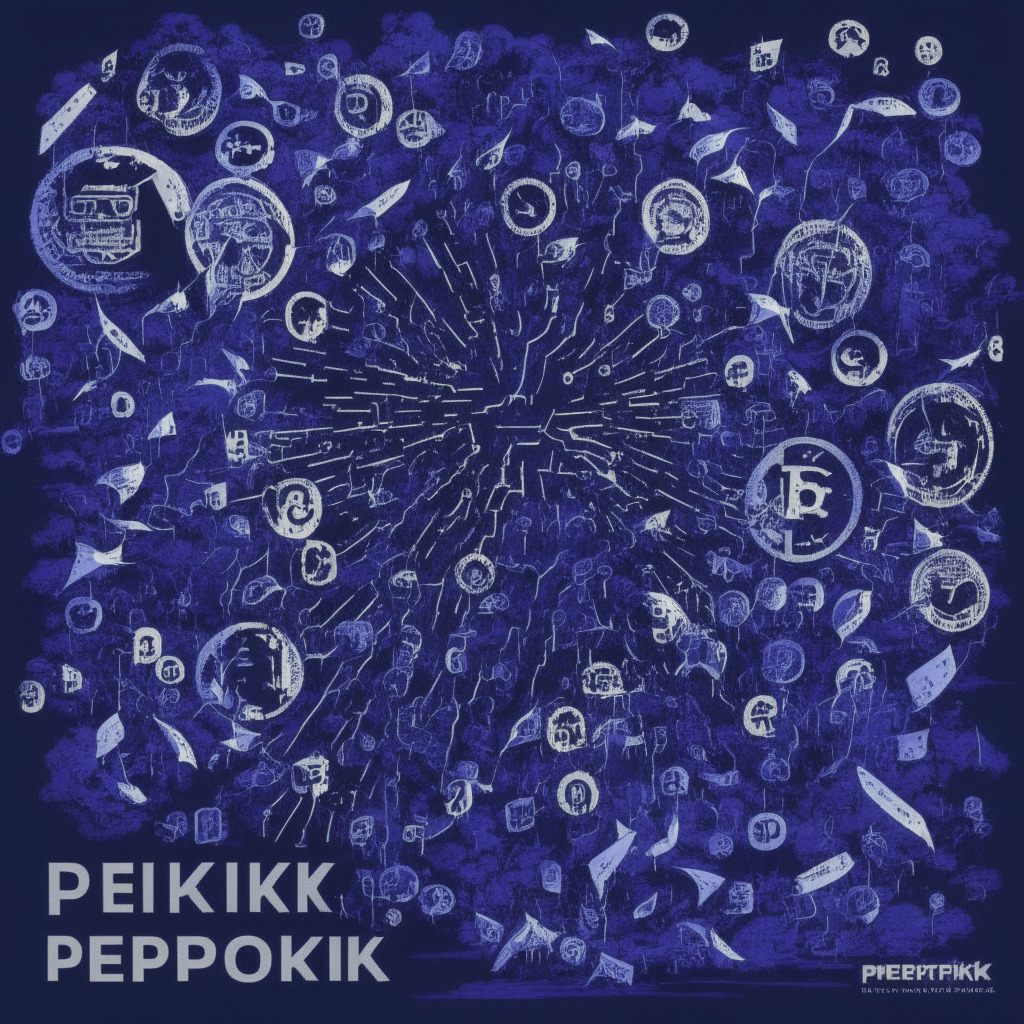The mire of uncertainty surrounding the recent Atomic Wallet incident deepens with a class action lawsuit from a group of high-net-worth investors hailing primarily from Russia and the Commonwealth of Independent States. Their primary gripe lies in the company’s alleged lack of proper information disclosure about the security breach that resulted in an astounding $100 million loss.
As the group’s legal representative, Max Gutbrod, asserts: “We are working on recovering the assets for our clients, and we will be filing a class-action against Atomic Wallet. They didn’t provide our clients any information about the hack or report it to the law enforcement authorities.”
Adding fuel to the fire is the company’s vague response to the nature of the breach. While Atomic Wallet speculated four possible intrusion scenarios—a man-in-the-middle assault, a direct breach of infrastructure, a user hardware virus, and malware—it failed to provide a specific cause. This lack of clarity set the stage for an array of speculations among digital asset observers.
While the hack’s impact—directly affecting a marginal 0.1% of their user base—may seem limited, the consequential echoes to the wallet’s future integrity reverberate loudly. Investor unease only increased as the wallet restarted operations without fulfilling the necessary information disclosure about the attack.
So what transpired at Atomic Wallet? In June, an exploit hit the non-custodial cryptocurrency wallet, leading to a $100 million loss, affecting approximately 5,500 users. Suspicions currently point towards the North Korean Lazarus Group, known for several high-scale hacks with losses amounting to billions. However, without a clear explanation from the company, other potential culprits have also been suggested.
Boris Feldman of Destra Legal—representing the plaintiffs—rouses the specter of Ukrainian involvement. Collaborating with Match Systems, a blockchain analytics firm that investigated alongside impacted investors, they uncovered “traces of involvement among Ukrainian hacker groups.”
Further complicating matters is the use of multiple cross-chain protocols like Thorchain by those responsible, which effectively obfuscates their gains, making tracking a challenge.
With this lawsuit now shining a stark light on Atomic Wallet’s actions, or lack thereof, in response to such a massive hack, it has set a concerning precedent for cryptocurrency users. The necessity for transparency and immediate, thorough communication is reinforced, as non-disclosure can lead to reputational damage and potential legal ramifications.
Source: Cryptonews




